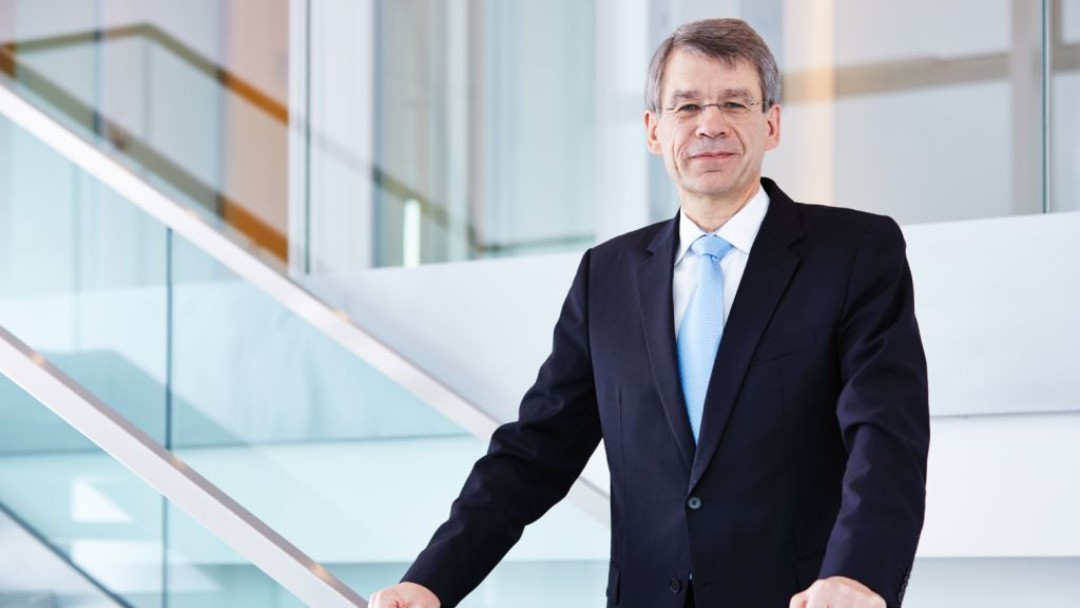News from 2016-11-01 / KfW Development Bank
Insurance - Preventing Development Setbacks
Insurance is not a typical approach banks like KfW would normally support. Why is it nonetheless suitable in development cooperation?
The majority of people around the world are not at all secured against basic risks like disease or harvest losses due to natural disasters. Insurance can help cushion those risks and thereby prevent development set-backs.
What can insurance achieve other development approaches cannot?
Insurance schemes can have a number of benefits. Most importantly: People receive aid quickly in case of need while impoverishing out-of-pocket payments or other negative coping strategies are being avoided. Such coping strategies entail for instance taking children out of school to engage in field work. Avoiding such measures helps secure advances in development which might otherwise get lost. Additionally, insurance may influence the target group by changing individuals´ behaviors and their degree of risk aversion. And last but not least, insurance allows involving the private sector in the true sense of “burden sharing”.
What are the major challenges in covering the poor and vulnerable against extreme life risks?
Most direct insurance-policies today are geared towards middle-income customers, for diverse reasons, and not towards the vulnerable. So, we have to design and offer the right schemes. Donors like KfW can support governments, but also other actors like NGOs, in developing such schemes. This gives the poor access to insurance coverage.
Where do you see particular engagement opportunities for KfW in the field of insurance?
We see a number of engagement opportunities - because insurance may complement our instruments of grants and loans. As a development bank, our role is to provide support in areas where market-based solutions are not available or not sufficient to achieve development objectives. In the context of insurance this entails promoting innovative approaches to manage climate or pandemic risks or improving financial protection in the case of illness. In each case we as KfW make use of our special expertise, for instance by setting-up funds or involving the private sector.
What do you intend to achieve with such an engagement?
First of all we want the affected people to benefit. One of our overarching ambitions as Development Bank is to fight poverty. We took the Millennium Development Goals very seriously and considered them our mandate. And we take the Sustainable Development Goals very seriously as they will guide our actions until 2030. Both agendas have clearly expressed the objective of substantially diminishing poverty and hunger. In order to achieve these goals we consider all options, insurance being one of them.
Some people think it´s not fair that the poor should spend their limited amount of money to buy insurance. What is your opinion?
It is important that governments either set up insurance schemes themselves or set clear conditions for them on the market to ensure that costs and benefits are adequate. For those who really can´t afford insurance premiums the public sector has to pitch in – by the way, an arrangement that we also practice in Germany. Think of social health insurance in which the fees are covered by a public fund for those who cannot afford to pay. If that is taken care of insurance is an efficient risk transfer mechanism for all parts of society, some paying more, some paying less, some being paid for.
Do you think the international community is already aware of the potential insurance can have in the context of the Sustainable Development Goals?
I think the international community is in the process of discovering the benefits. But we have yet to apply various approaches more systematically and across different sectors. Precisely for this reason KfW is organising a major international conference on the topic this fall. We want to bring experts together in order to search for suitable ways of using insurance for development. I am convinced there are many more opportunities than we see right now.
Interview conducted by Friederike Bauer


Share page
To share the content of this page with your network, click on one of the icons below.
Note on data protection: When you share content, your personal data is transferred to the selected network.
Data protection
Alternatively, you can also copy the short link: https://www.kfw-entwicklungsbank.de/s/enzBWrMC.BdCA
Copy link Link copied